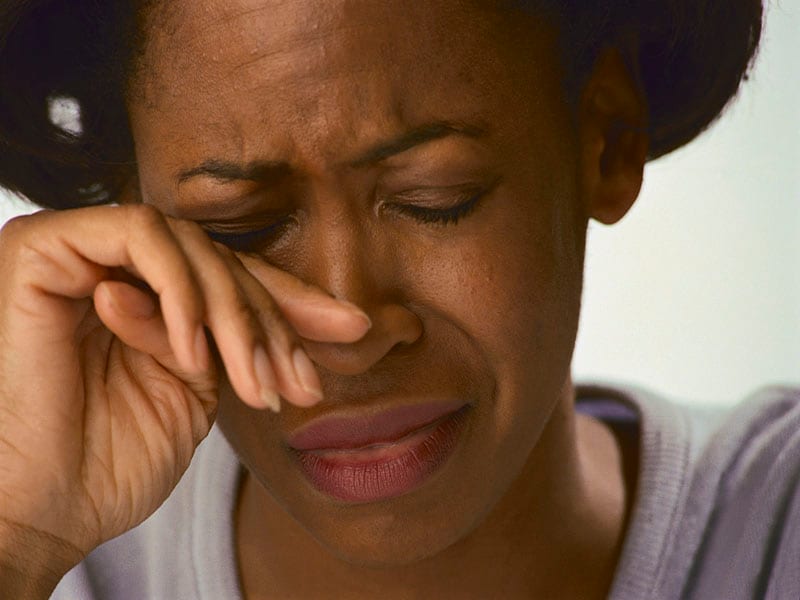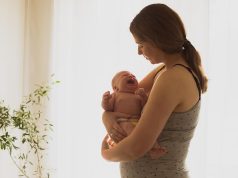People more worried about family members, unknowingly spreading virus than contracting it
WEDNESDAY, Aug. 26, 2020 (HealthDay News) — Resilience helps alleviate COVID-19-related worries as well as anxiety and depression, according to a study published online Aug. 20 in Translational Psychiatry.
Ran Barzilay, M.D., Ph.D., from the University of Pennsylvania Perelman School of Medicine in Philadelphia, and colleagues developed and deployed a brief online resilience survey that asked questions about self-reliance, emotion regulation, interpersonal relationship patterns, and neighborhood environment during the acute COVID-19 outbreak (April 6 to 15, 2020). The analysis included 3,042 participants (65 percent female; mean age, 39 years).
The researchers found that participants reported significantly more distress about family contracting COVID-19 (48.5 percent) and unknowingly infecting others (36 percent) than getting COVID-19 themselves (19.9 percent). Rates of anxiety and depression did not differ significantly between health care providers and individuals who were not health care providers. There was an association observed between higher resilience scores and lower COVID-19-related worries. Each 1 standard-deviation increase in the resilience score was associated with reduced rates of anxiety (65 percent) and depression (69 percent) for both health care professionals and individuals who were not health care providers.
“As we get a better grasp of what constitutes resilience in people during COVID-19, we hope that soon we will be able to inform interventions that can enhance resilience, thereby mitigating the adverse effects of COVID-19 on mental health,” a coauthor said in a statement.
Copyright © 2020 HealthDay. All rights reserved.








